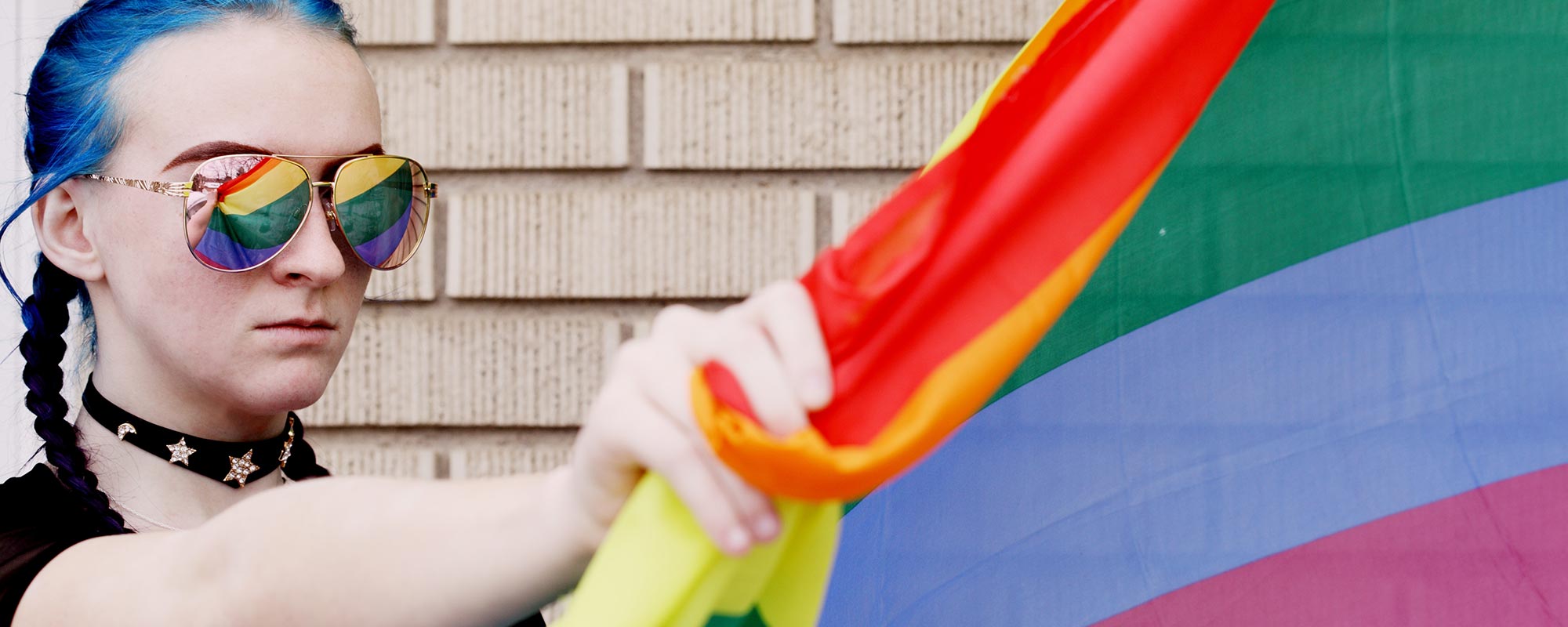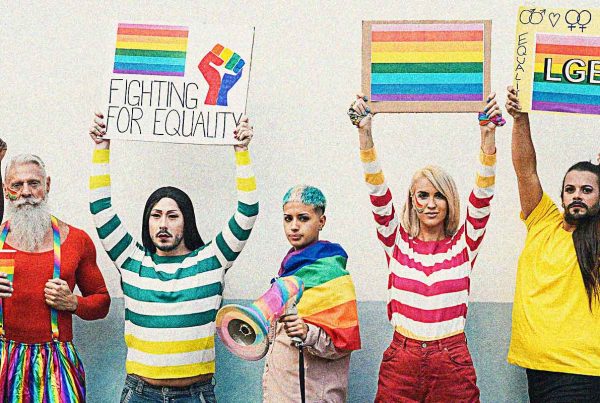LGBTQ+ and gender equality prevailed today, consistent with CCLA’s position, before the Supreme Court of Canada in Trinity Western University, et al. v. Law Society of Upper Canada, 2018 SCC 33, and Law Society of British Columbia v. Trinity Western, 2018 SCC 32. The majority affirmed that the Law Society of Upper Canada’s (LSUC) decision not to accredit Trinity Western University’s (TWU) proposed law school was reasonable and represents a proportionate balance between the Charter rights of equality and religious freedom. The SCC endorsed the LSUC’s conclusion that it could not accredit a proposed law school that condones a mandatory Covenant that effectively excludes LGBTQ+ students, faculty and others. That Covenant was held by the Court to be “discriminatory” (McLachlin C.J.’s Reasons, at para. 138) and “degrading and disrespectful” (Majority Reasons, at para. 101) against individuals and groups based on sexual orientation, gender, marital status and religion. The majority decision is consistent with certain key principles advanced by the Canadian Civil Liberties Association as intervenors in the matter.
While the court recognized that the Charter right to freedom of religion was engaged in this case, it held that… “it is inimical to the integrity of the legal profession to limit access on the basis of personal characteristics. As a public actor, the LSUC has an overarching interest in protecting the values of equality and human rights in carrying out its functions.” CCLA had argued before the Supreme Court that accreditation of a law school confers upon the host university a significant public benefit – financial and reputational. An institution receiving a public benefit of this nature cannot then exclude individuals on the basis of sexual orientation or other grounds.
The majority of the SCC held that while the Law Society’s decision not to accredit TWU’s law school was a breach of religious freedoms, it was a justifiable one because the LSUC exercised a reasonable balancing act to reach its decision that took into account TWU’s religious freedom and the LSUC’s statutory mandate to protect the public interest. The majority decision and the Chief Justice diverged on whether the infringement upon freedom of religion, expression and association was of “minor” significance, but they agreed on the result.
A joint dissenting opinion concluded that the Law Society’s purpose in approving a law faculty’s educational standard was found in their governing statute. That purpose was to ensure that individual graduates are fit to become members of the legal profession because they meet minimum standards of competence and ethical conduct. Given the absence of any concerns relating to the fitness of prospective TWU law graduates, the dissent held, the only defensible exercise of the LSUC’s statutory discretion would have been to approve TWU’s proposed law school.
The CCLA was represented by Alan D’Silva and Alexandra Urbanski of Stikeman Elliott LLP. We are very grateful for the pro bono service of these eminent lawyers and their firm.
Read CCLA’s factum here.
The LSUC decision can be found here.
The LSBC decision can be found here.
About the Canadian Civil Liberties Association
The CCLA is an independent, non-profit organization with supporters from across the country. Founded in 1964, the CCLA is a national human rights organization committed to defending the rights, dignity, safety, and freedoms of all people in Canada.
For the Media
For further comments, please contact us at media@ccla.org.





